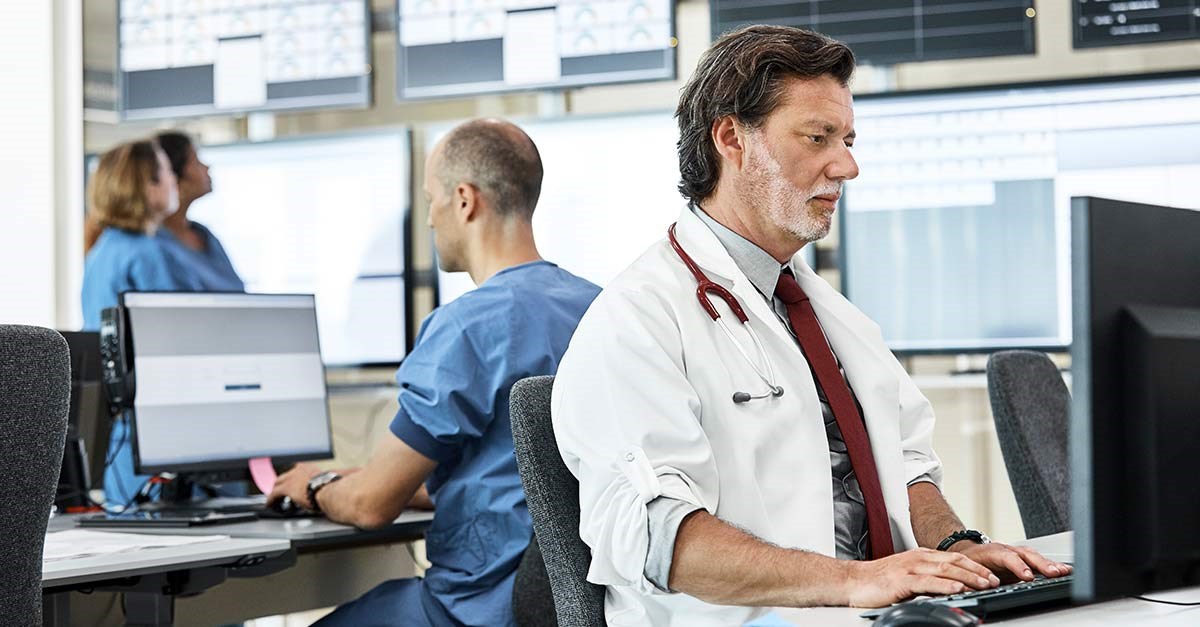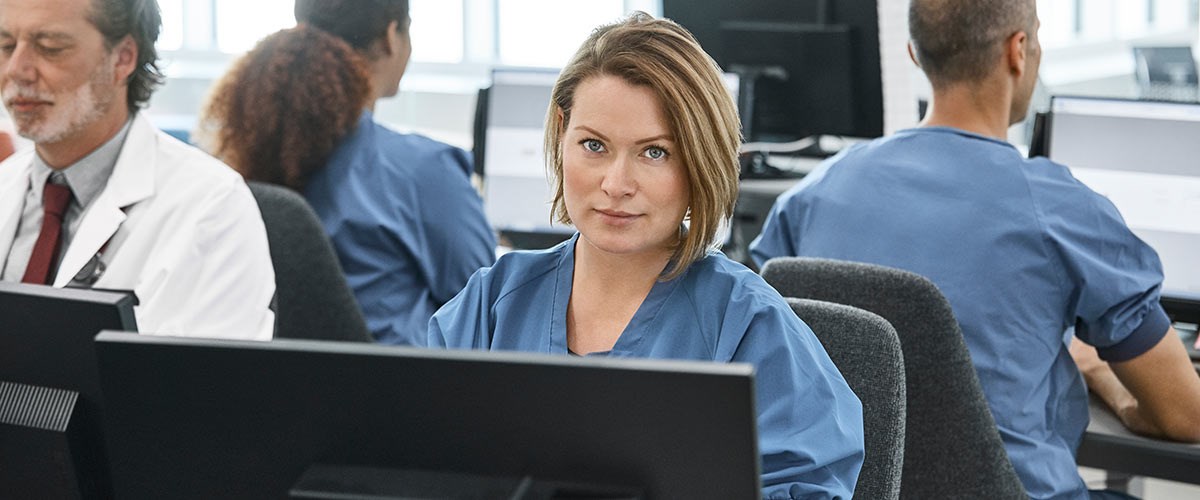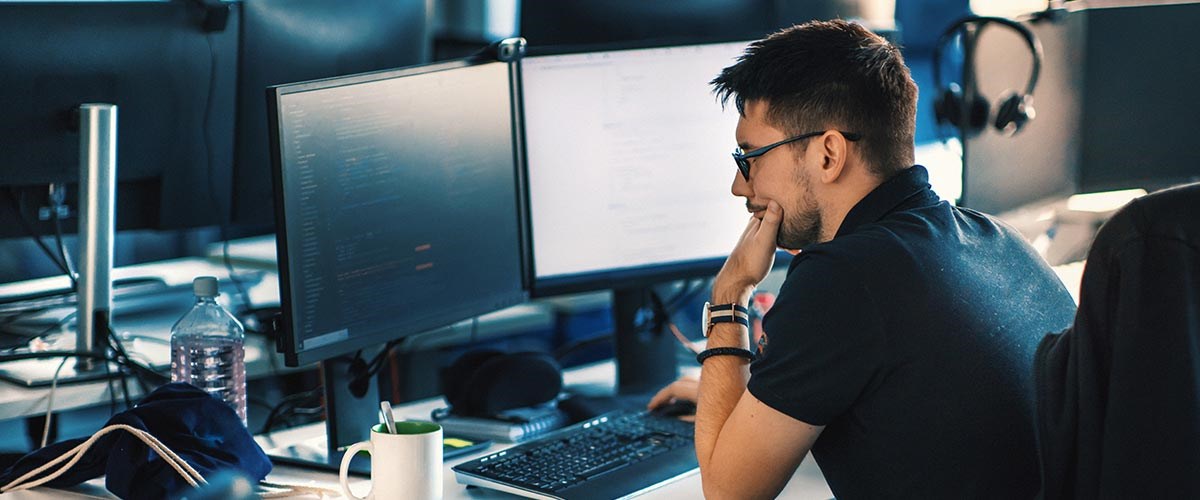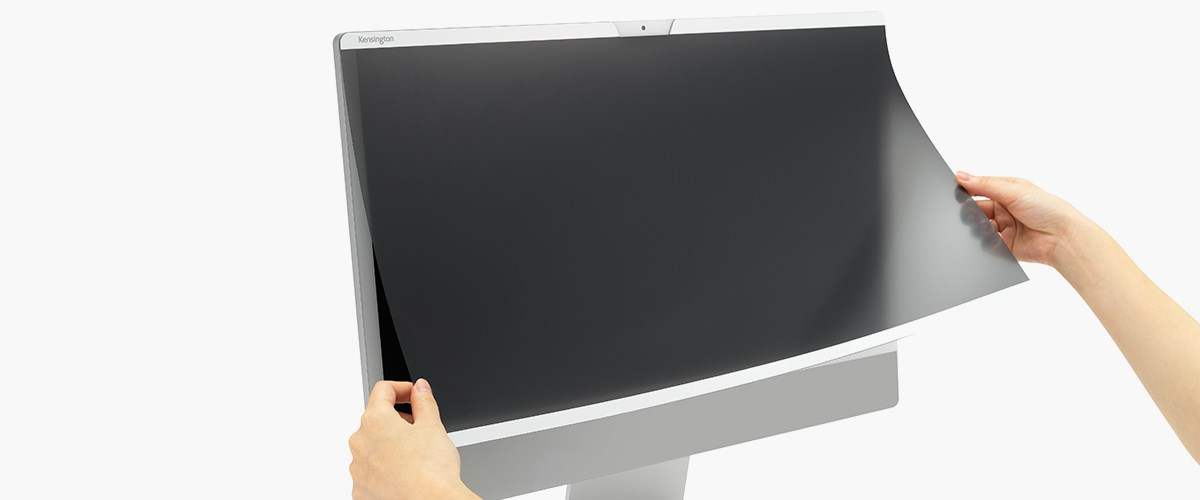
The digital age has brought unparalleled convenience and efficiency to industries worldwide and exposed sensitive information to potential threats in the process. In sectors such as healthcare and banking, where the confidentiality of data is not just a priority but a legal and ethical imperative, safeguarding against unauthorized access has become paramount. A tool that has emerged as a frontline defense against potential data breaches is the privacy screen. The multifaceted benefits of using privacy screens in healthcare and banking, plays a pivotal role in preserving the integrity of sensitive information.
Preserving Patient Privacy in Healthcare
In the complex ecosystem of healthcare, professionals handle a plethora of highly sensitive patient information. From comprehensive medical histories to intricate billing details, maintaining the utmost confidentiality of this data is not only an ethical obligation but also a legal requirement. Privacy screens act as a visual shield, meticulously placed on monitors and laptops in hospitals, doctor's offices, and pharmacies. Their primary function is to obstruct the view of unauthorized individuals, ensuring that patient records and medical information remain accessible only to authorized personnel. In doing so, privacy screens foster an environment of trust between healthcare providers and those seeking care.

Mitigating the Risk of Shoulder Surfing
In the banking environment, where customers routinely access sensitive financial information, the prevalent threat of shoulder surfing necessitates proactive measures to mitigate risks. Unauthorized individuals attempting to glean information by observing others creates a significant privacy and security concern. To address this, privacy screens are strategically used as an effective deterrent, restricting the viewing angle, and ensuring that only the intended user can access the displayed information. This intentional use of privacy screen technology plays a crucial role in enhancing security within banking environments, aligning with the broader theme of mitigating the risk of shoulder surfing.
Similarly, in public spaces where individuals engage in online banking or shopping, the theme of mitigating shoulder surfing risks remains pertinent. The openness of these spaces increases the vulnerability of personal information to prying eyes. To address this, users can adopt proactive measures such as utilizing privacy filters on their screens or choosing secluded spots for transactions, effectively reducing the risk of unauthorized observation. By incorporating these mitigation strategies, individuals contribute to creating a safer digital environment, emphasizing the importance of safeguarding sensitive information in both banking settings and public spaces.
Enhancing Regulatory Compliance
Both healthcare and banking are subject to stringent regulatory frameworks that mandate the protection of sensitive information. For instance, healthcare organizations in the United States must adhere to the Health Insurance Portability and Accountability Act (HIPAA), while banks are governed by regulations like the Gramm-Leach-Bliley Act (GLBA). Privacy screens become not just a security measure but a tangible demonstration of compliance with these regulatory standards. They signify a commitment to safeguarding sensitive information and serve as a visible acknowledgment of the importance placed on adhering to industry-specific regulations.
Preventing Unintentional Data Leaks
In bustling work environments, employees may inadvertently expose confidential information on their screens to unintended observers, leading to unintentional data leaks. Privacy screens serve as a reliable solution to this issue by limiting the visibility of on-screen content to a predefined viewing angle. This not only prevents inadvertent data leaks but also instills a culture of heightened awareness among employees about the significance of protecting sensitive information.

Boosting Employee Productivity and Focus
Privacy screens contribute not only to data protection but also to employee productivity. In open office settings or shared workspaces, the concern of working on confidential documents in view of others can hinder productivity. Privacy screens empower employees to work confidently, free from the fear of prying eyes. By providing a secure environment, professional privacy screens enable employees to focus on their tasks without compromising the security of sensitive information.
In the intricate landscape of healthcare and banking, where trust and confidentiality are of the utmost importance, privacy screens emerge as indispensable allies in the ongoing battle against potential data breaches. From preserving patient confidentiality to thwarting the efforts of would-be data thieves, these screens play a pivotal role in fortifying the digital perimeters of industries dealing with sensitive information. As we navigate the evolving landscape of technology, the implementation of privacy screens stands as a timeless and effective strategy, ensuring that confidential data remains precisely where it should – private and secure.

Kensington is a prominent leader in security products, providing effective solutions for the ever-changing challenges of data protection. Our extensive lineup of professional privacy screens is carefully crafted to offer superior security in diverse environments. Elevate your privacy and safeguard sensitive information with Kensington's advanced security solutions.
Discover more about Kensington’s Privacy Screens